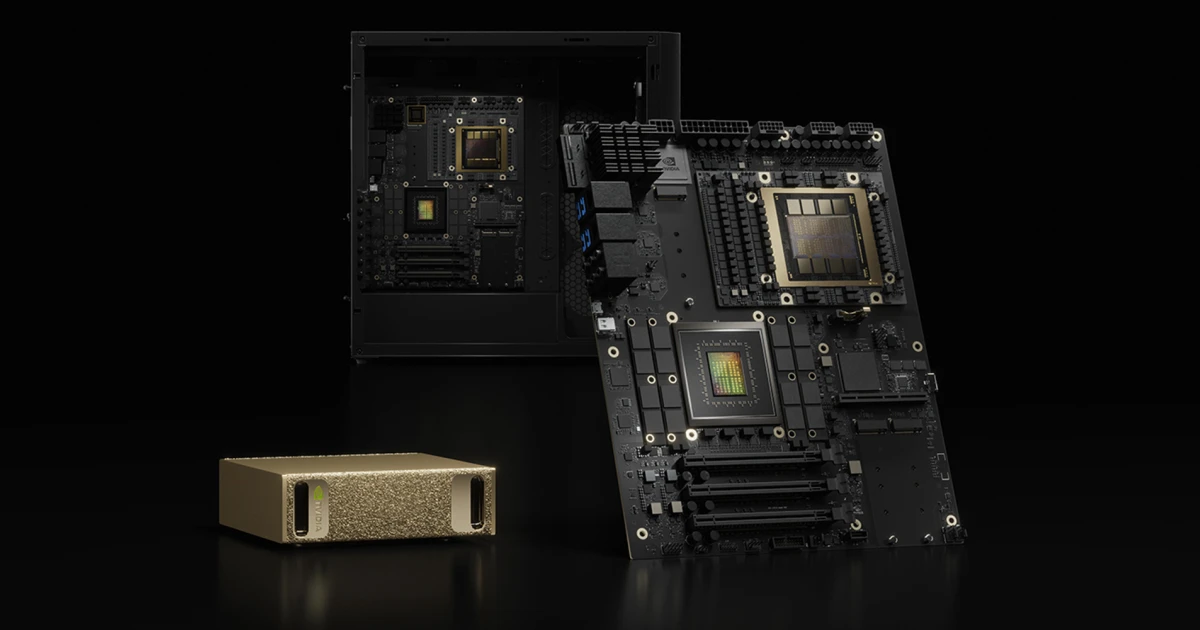Worth noting is the fact that the researchers declined to identify the hacking targets, yet reported for Reuters that approximately 15 to 20 organizations, ranging from small companies, analysts employed by at least one US headquartered international bank, and large global enterprises, faced attacks.
One of the biggest Taiwanese semiconductor companies includes TSMC, also known as Taiwan Semiconductor Manufacturing Co., MediaTek, Nanya Technology, United Microelectronics Corp, and RealTek Semiconductor.
A representative from the Chinese embassy, reported to Reuters via email, that cyber attacks “are a common threat faced by all countries, China included,” and that the Asian country “firmly opposes and combats all forms of cyber attacks and cyber crime — a position that is consistent and clear.”.
This set of events ranged from one or two emails sent as part of a more complicated campaign focused on specific people, trying to gain information sending 80 emails in order to gain information from the company at large.
One of the groups had its target on semiconductor design, manufacturing, and supply chain, leveraging emails from Taiwanese universities, posing as job seekers, and sensing malware via PDFs with URLs leading to malicious files.
Other targets of the hackers were financial analysts from big companies, posing as a fictions of investment firms seeking collaboration.
These groups often looked for “peripheral suppliers or related industries,” reported one of the representatives, more so as the events that happened in June, where China-linked hacking groups identified by TeamT5 as “Amoeba” created a phishing campaign against an unwanted chemical company that played a critical role in the semiconductor supply chain.




.webp)











